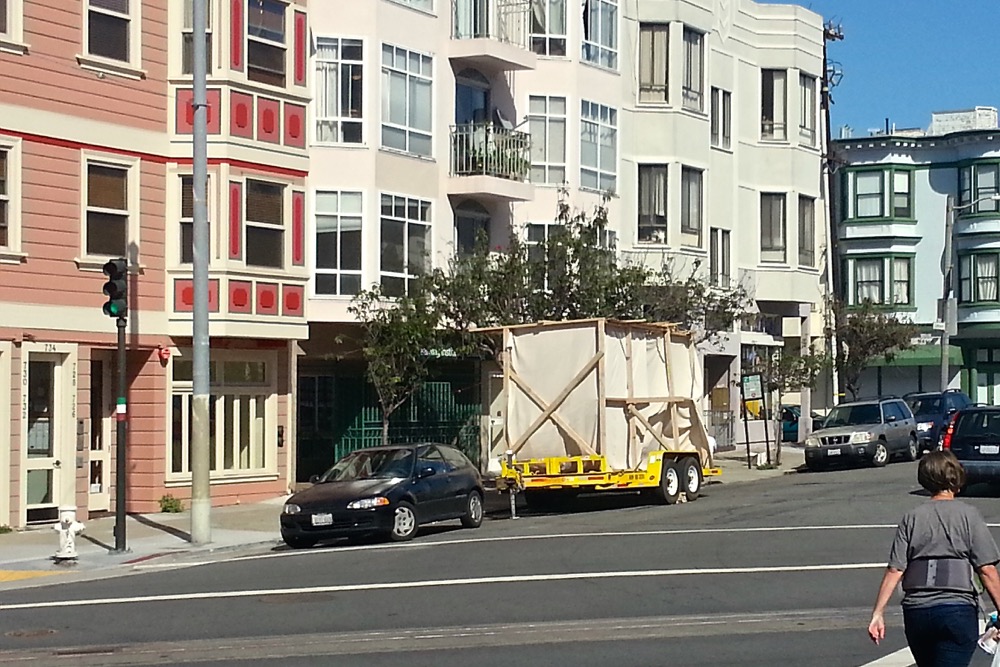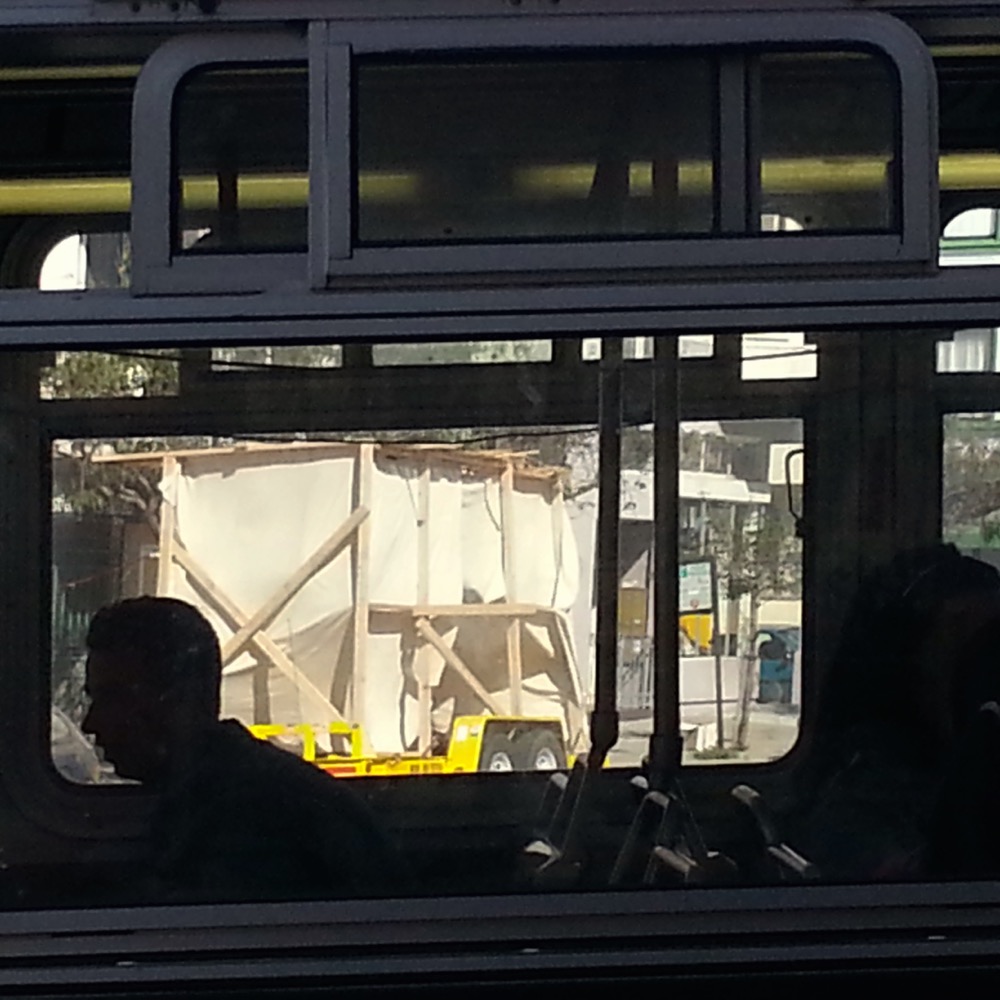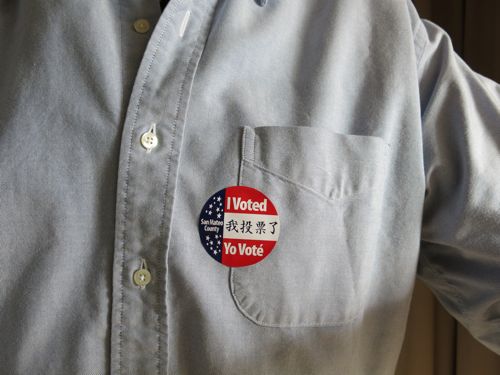Marco Rubio is an ass. I say this both as a philosophy major, and as someone who has worked with his hands for a living.
In Tuesday’s Republican debate, Rubio stated, “Welders make more money than philosophers. We need more welders and less philosophers.” Let’s take that first pronouncement first. Forbes.com researched the statement, and when the compared teachers of philosophy with welders, they found that philosophers earn more than welders. So Rubio is wrong.
But let’s assume that Rubio is talking about anyone with a philosophy degree. My graduating class in college had about 50 philosophy majors. The majority of them went to to law school; an undergraduate degree in philosophy was then a well-respected pre-law degree because philosophy gave you experience in debate, critical thinking, reading lengthy and mind-numbingly boring texts, and putting up with incredible amounts of bullshit — all valuable skills for lawyers. Note that Rubio is in fact a lawyer, and probably is professionally close to more than one well-to-do philosophy major; he must know the value of philosophy training to lawyers. So it’s hard to know why he puts down philosophy majors, unless perhaps he is jealous of the superior legal skills of those with degrees in philosophy.
Now let’s look at this from the point of view of people who have actually worked with their hands for a living. Which, by the way, Rubio himself has never done. Welding is a great job, and recent jobs posted on the Jobs in Welding Web site include positions ranging from really creative jobs, e.g., welder to work on experimental and production welding — to straightforward production jobs, e.g., working as a boilermaker welder in a railroad maintenance facility. Yes, these are great jobs, but as with any job where you work with your hands, you have to worry about getting hurt, and you have to worry whether your body will physically hold up until retirement. Speaking as someone who spent five years working as a carpenter, I can tell you that these are non-trivial worries, and that because of this many manual labor jobs are far more stressful than white collar jobs. Furthermore, manual labor jobs are constantly in danger of being off-shored, out-sourced, or made obsolete by new technology (e.g., robots now perform many welding tasks; so-called manufactured homes are cheaper than stick-built homes; etc.) — and these dangers just add to the stress.
At this point, we could get into an interesting argument about whether Rubio’s economic priorities are more likely to help or hurt manual laborers, but let’s hold off for a moment. Let’s just say that I’d feel better about Rubio’s pronouncement if he knew what it was like to work with your hands, the constant worry about getting hurt, the seasonal lay-offs. Given that he is a soft-handed law school graduate who has always had cushy, white-collar jobs, his comment about philosophy majors and welders makes him come across as an ass.
I’m using “ass” in a philosophically precise sense, as a shorthand version of the more offensive word “asshole,” a word that has been precisely defined by philosopher Aaron James as someone who “is immunized by his sense of entitlement against the complaints of other people” (Assholes: A Theory, New York : Doubleday, 2013). While James’s book may be problematic in some areas, his definition of “asshole” is a good one. Since Marco Rubio comes across as having a great sense of entitlement, with no awareness of how other people perceive him, he fits James’s definition of an asshole, and it is in this sense that I call Rubio an ass.
So at this point, let’s look at Rubio’s second pronouncement: “We need more welders and less philosophers.” Sad to say, too many of our politicians are persons who, like Rubio, have become immunized to their sense of entitlement. As a philosophy and moral theologian, I would say that what the American political scene needs as much as anything is a healthy dose of humility and moral reflection — something that we philosophers are well-trained to supply. No wonder Rubio wants fewer philosophers: we are the ones who can point out that he’s being an ass, and tell him how to stop.
In summary, although we could use fewer people like Marco Rubio, we actually could use more of both welders and philosophers.



